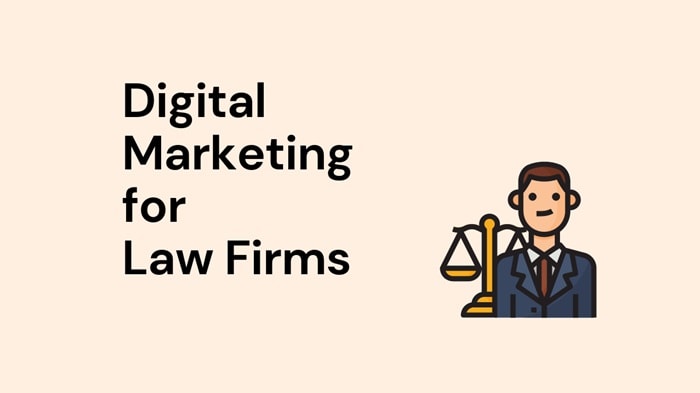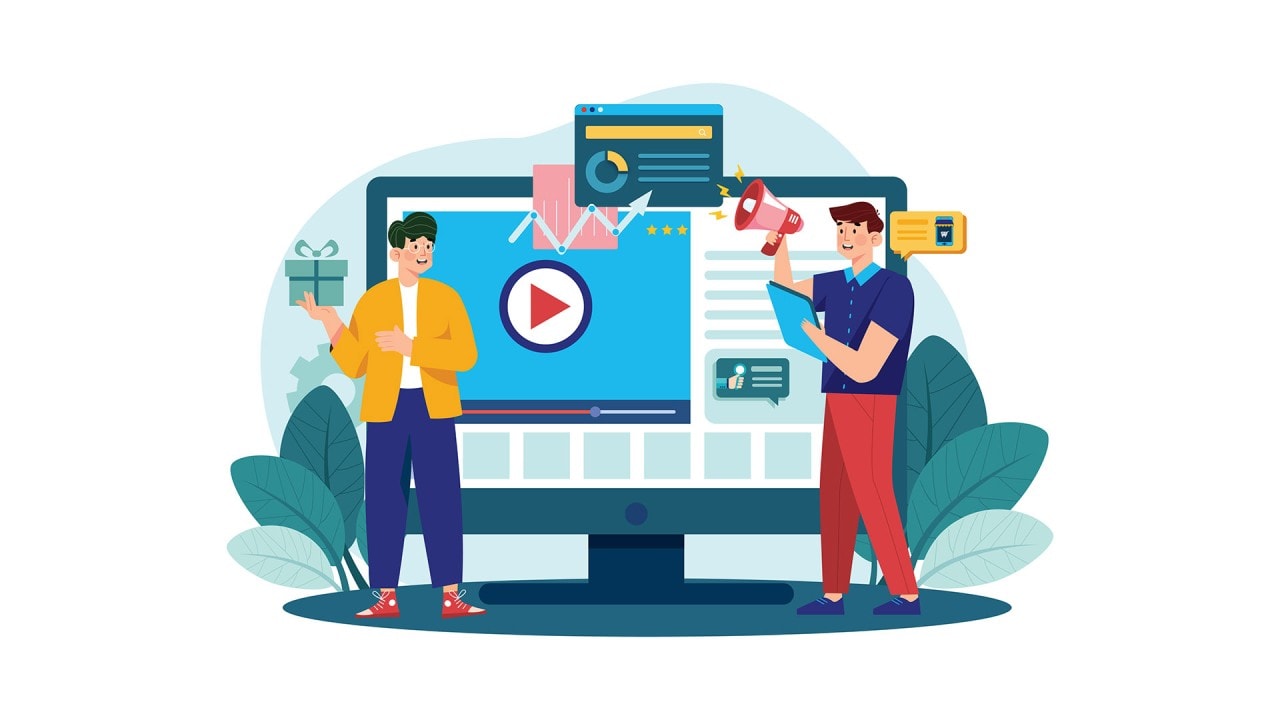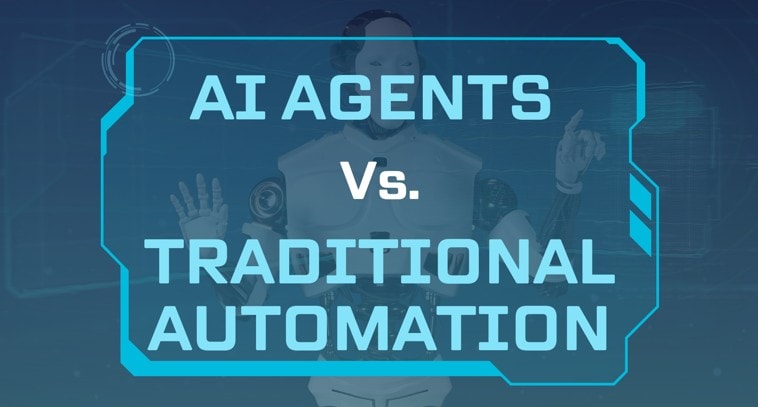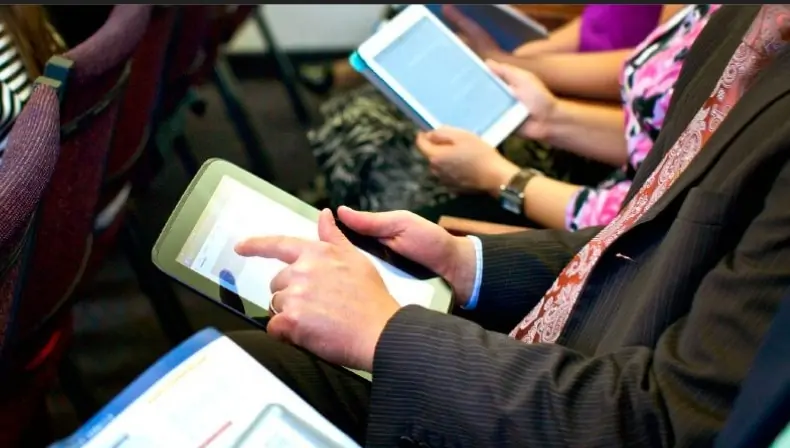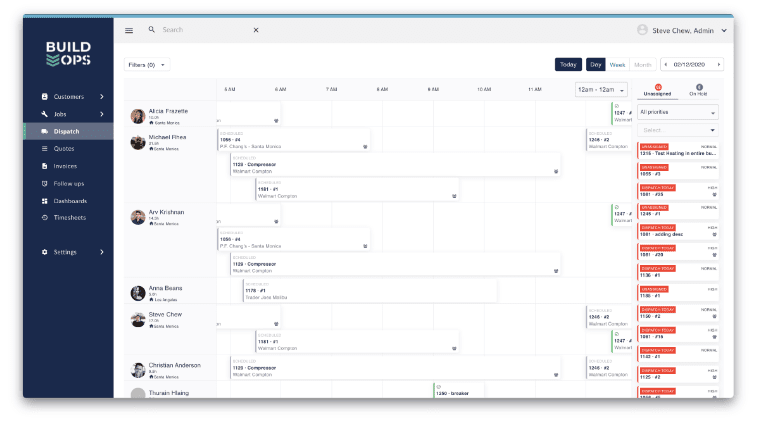If you have ever faced a financial crisis, is it medical bills or car repairs, you know it isn’t easy to get money immediately. While it becomes imperative to have sufficient savings to deal with an unprecedented situation, most people don’t have a financial cushion. In such a situation, an emergency loan can help you cover the unexpected expenses when you don’t have enough cash.
Wondering what is an emergency loan and how to get them? If yes, you’ve reached the right place. Read on to know everything about getting an emergency loan when you need money.
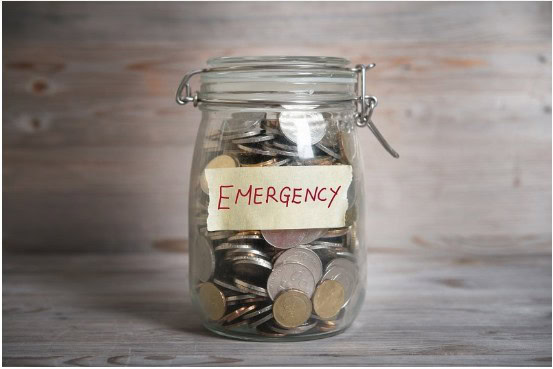
What are emergency loans?
If you are unaware of what an emergency loan is, let’s find out. It is an unsecured personal loan that can help when you need money now to cover any unexpected expenses. The amount you borrow through an emergency loan can vary depending upon your needs. Since they are taken to cover a cost or expense, the amount is relatively less, somewhere between $250 to $1,000.
An emergency loan is swift, and you can get the deposits in your bank account within a day or two. Some lenders can even offer you the money on the same day as you apply for the loan. Since they are unsecured, you don’t need to have an asset as collateral to get this loan. It is a better and cheaper alternative when compared to cash advances or payday loans.
Where to get an emergency loan when you need money now?
There are plenty of financial institutions and lenders today that can offer you an emergency loan. Here are some ways to get an emergency loan whenever you need money:
Banks
If you are in dire need of money and are wondering how to get an emergency loan, your first option can be your bank. You must visit your bank and ask if they can give you an emergency loan. The lending process followed by a bank may differ from other lenders. They may have a high credit score or income requirements to ensure whether you qualify for a loan or not. When you take a loan from a banking institution, it may take more time to get these funds deposited in your account, so it is wise to check it beforehand.
You might also like 7 Tips for Increasing Traffic on Your Business Website
Credit Unions
If you have an account in a credit union and not a bank, you can apply for an emergency loan. A credit union is a community-based organization with a more accepting outlook towards borrowers with a bad credit score or bad credit history. Their loan amounts tend to vary from $200 and $1,000, While some credit unions only lend money to their members or people who were a part of the union for a certain period.
If you fulfill those conditions, you can quickly get a loan from your credit union. One must consider the best installment loans for bad credit.
Online Lenders
If none of the options given above is viable for you, you can seek help from an online lender. They don’t require you to be a member or account holder. Many online lenders offer pre-qualification options that enable you to find out if you are qualified or not before you apply for it.
While you may be skeptical about getting a loan from an online lender, keep in mind that major banks also offer an online loan application process. Just ensure that the lender is reputable and safe before you begin the process.
What are the things you should consider when taking an emergency loan?
When you are facing an emergency and need money, it becomes hard to compare and explore options. But, it becomes imperative to check a few things and then select the best lender. Here are some crucial points to keep in mind:
Funding time
Funding time is the amount of time in which the funds will get deposited. In case of an emergency loan, it is the first thing you need to consider. Some lenders can take days to give you the money when you need it the next day. To avoid facing any problem, you must consider the funding time offered by the lender. It must ideally be one to two days.
Interest rate
Next up, you must check the rate of interest charged on the loan amount. Having a good credit score or income level might get you a lower interest rate, but it may be exorbitantly high in case of bad credit history. It is wise to compare the interest rate charged by different lenders and then choose one.
Fees
Lenders may also charge you fees, like origination fees or penalty for late payment. Before you take an emergency loan, make it a point to read the fine print or ask for any fees that you might have to pay. Besides the interest rate, you must check the APR or Annual Percentage Rate, which is the yearly cost of the loan that you have to pay.
Repayment terms
When you take a loan, you don’t just have to pay the fees and monthly interest, but also repay the principal amount. You must decide if you want to make large monthly payments and pay it off quickly or repay it in a smaller amount over a long time.
Since the amount of an emergency loan is small, the lender may ask you to give it back within a few months. The repayment may depend on the lender, and you must check it carefully.
Final thoughts
While it is also wise to have sufficient savings as a cushion for an emergency, life never goes as per your plans. Any unprecedented situation can arise at any time, leaving you in need of money to deal with it.
If you are caught up in a financial crisis, and your savings are insufficient to help you cover up the expenses, you can borrow money from friends or family. But, if that isn’t an option to want to try, you can get an emergency loan from a reputed lender to help you stay afloat. Explore all your options, analyze them, and only then take a loan.
Would you like to read more about Emergency Loan-related articles? If so, we invite you to take a look at our other tech topics before you leave!


